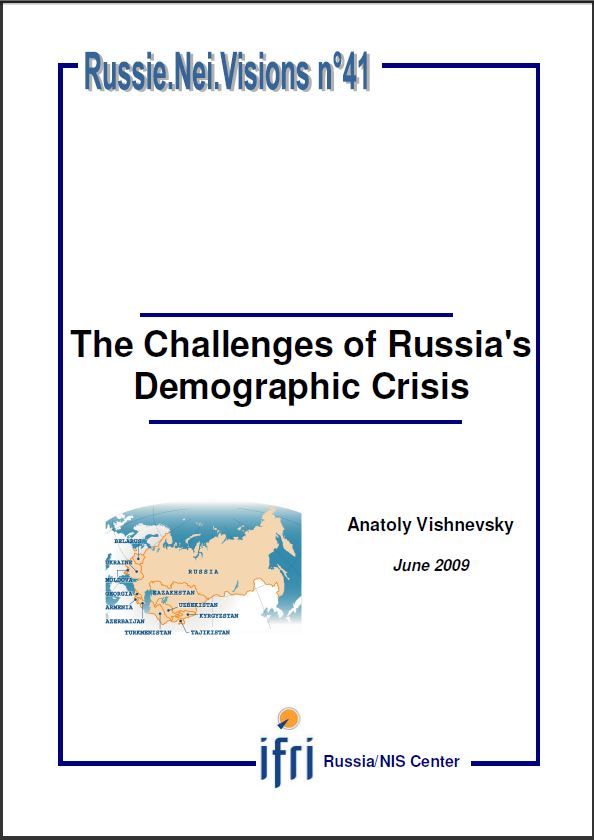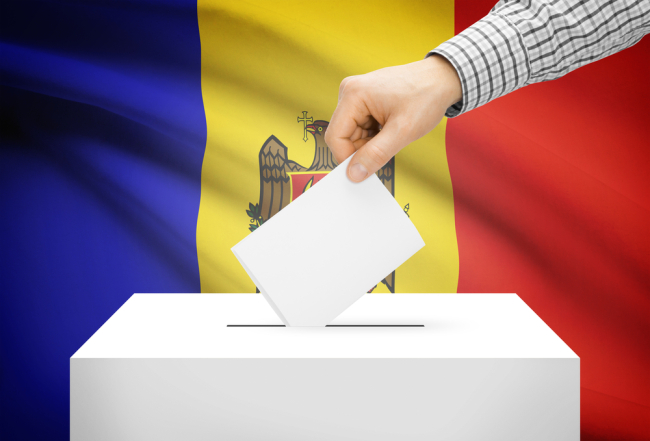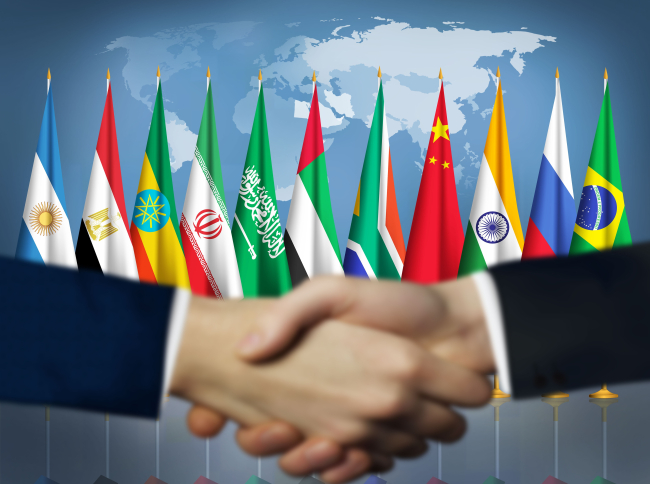The Challenges of Russia's Demographic Crisis

Russia is facing demographic challenges that are common to all developed countries, but significantly aggravated by a range of historic circumstances that have become highly unfavorable over the course of many demographic processes. Among the main challenges are very high mortality, very low fertility and, as a result, the continued negative natural increase and overall population decline in the country. Now, these challenges are exacerbated by new ones, connected with a worsening age balance, the decrease in working-age population and the growth of dependency ratio, especially as a consequence of an ageing population.
Even if an active and effective demographic and migration policy were to be implemented in Russia, it would be impossible to reach the fundamental turning point in the demographic situation-stabilization and growth in Russia's population-in the near future. For this reason, a sound policy should involve striving for change in areas that can, in principle, be changed (decrease in mortality, some growth in fertility, attraction and integration of a reasonable number of migrants), and, at the same time, adapting economic and social institutions to those elements of the new demographic reality that cannot be changed (decrease in population, ageing population, etc.).
Download the full analysis
This page contains only a summary of our work. If you would like to have access to all the information from our research on the subject, you can download the full version in PDF format.
The Challenges of Russia's Demographic Crisis
Related centers and programs
Discover our other research centers and programsFind out more
Discover all our analysesMoldova’s Foreign Policy after 2024 Presidential Elections: Staying on the EU Path, Moving Eastwards or Becoming Multi-vector?
The future of Moldova’s foreign agenda will undergo a stress test during the upcoming presidential elections on October 20, 2024.
Russian Strategic Thinking and Culture Before and After February 24, 2022: Political-Strategic Aspects
Written by Dimitri Minic, the scientific article "Russian Strategic Thinking and Culture Before and After February 24, 2022: Political-Strategic Aspects" in Russia’s war against Ukraine: Complexity of Contemporary Clausewitzian War by the National Defence University Department of Warfare, Helsinki 2024.
Russia and the New BRICS Countries: Potentials and Limitations of a Scientific and Technological Cooperation
At the fifteenth BRICS summit, held in Johannesburg, South Africa, from August 22 to 24, 2023, a resolution was adopted to extend an invitation to six new countries to join the organization: Argentina, Egypt, Ethiopia, Iran, Saudi Arabia, and the United Arab Emirates (UAE). All of these countries except Argentina duly became members of BRICS in 2024, with the expanded group known as BRICS+. In addition to the political and economic advantages, it is assumed that the incorporation of these new countries could potentially facilitate their scientific and technological development.
The South Caucasus: A New Strategic Space?
The states of the South Caucasus are trying to find their footing in an increasingly fragmented international landscape.















